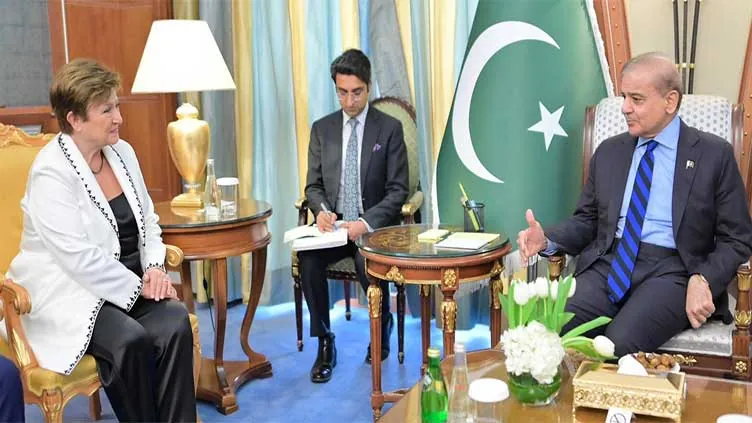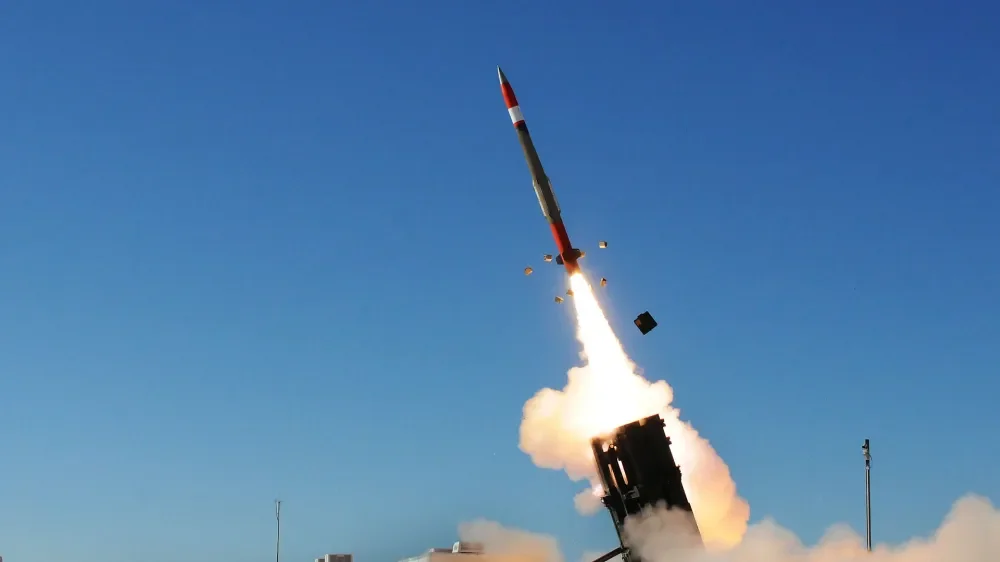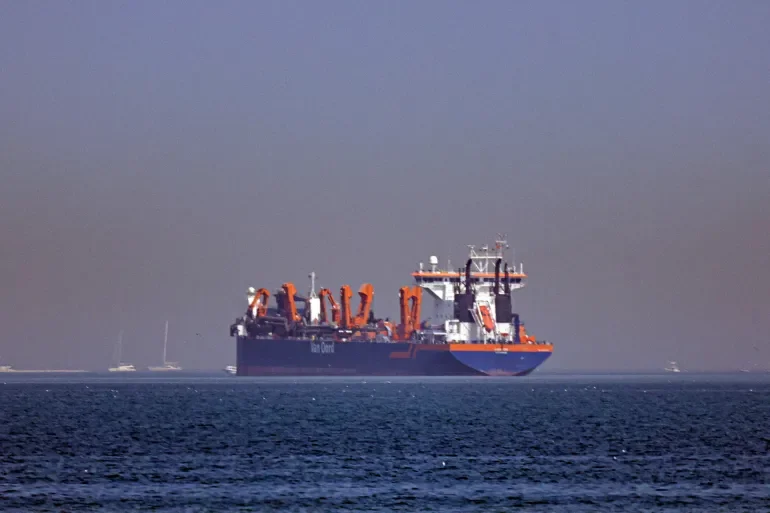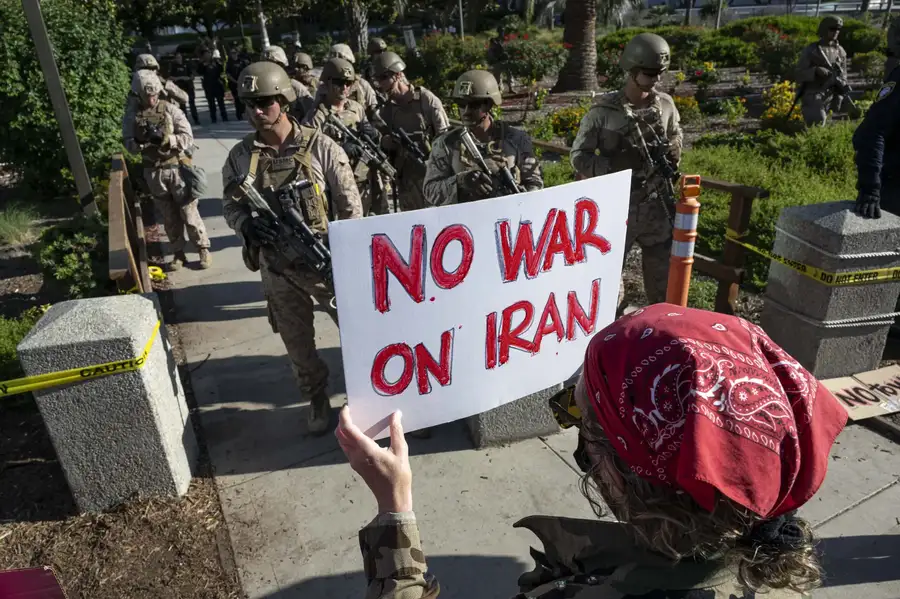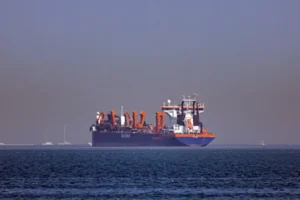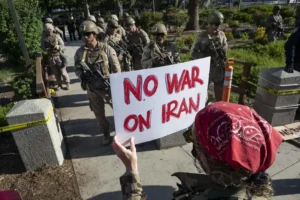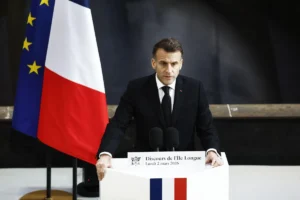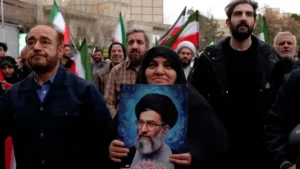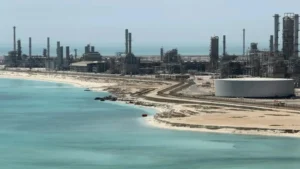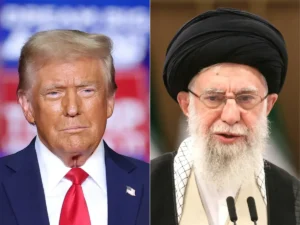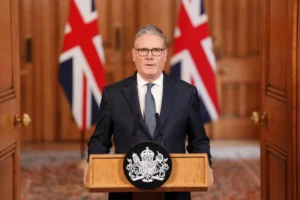![]()
Prime Minister Shehbaz Sharif on Wednesday stressed that Pakistan is steadily fulfilling its International Monetary Fund (IMF) programme commitments but urged the lender to take into account the recent flood devastation in its upcoming economic review. He made these remarks during a meeting with IMF Managing Director Kristalina Georgieva on the sidelines of the 80th United Nations General Assembly session in New York.
A report by Topline Securities stated that Pakistan is on track to meet all seven Quantitative Performance Criteria (QPC) ahead of the September 25 review of its $7 billion Extended Fund Facility (EFF), approved in May 2025. The review will cover the March–June quarter. Despite this progress, Shehbaz highlighted that unprecedented floods have devastated both agriculture and industry, causing billions of dollars in losses and putting pressure on food supplies, exports, and an already fragile economic recovery.
The government had projected 4.2% growth in 2026, anticipating a rebound in farming and manufacturing under the IMF programme. However, record monsoon rains since late June, worsened by dam releases from India, have flooded large parts of Punjab and Sindh. Officials fear the damage may exceed the catastrophic floods of 2022 due to the dual impact on agriculture and industry. Reports from GEOGLAM suggest more than 220,000 hectares of rice fields were submerged between August 1 and September 16, while PDMA confirmed that 1.8 million acres of farmland in Punjab were inundated.
Following the meeting, the Press Information Department (PID) said Georgieva expressed sympathy for flood victims and stressed the importance of damage assessments to guide recovery. She commended Pakistan’s commitment to reforms and reaffirmed the IMF’s support for sustainable long-term growth. In return, Shehbaz praised the IMF’s partnership and acknowledged its timely support through the $3 billion Stand-By Arrangement in FY 2024, the $7 billion EFF, and the $1.4 billion Resilience and Sustainability Facility (RSF). He said Pakistan’s economy, backed by structural reforms, is showing early signs of stability and recovery.
Separately, Shehbaz also met World Bank President Ajay Banga and thanked him for the bank’s continued support. He outlined Pakistan’s reform agenda focusing on resource mobilisation, energy reforms, privatisation, and climate resilience. He said these measures have restored investor confidence and steered the economy toward sustainable growth. Shehbaz also welcomed the World Bank’s $40 billion Country Partnership Framework (CPF) and promised effective implementation with provincial cooperation. Banga commended Pakistan’s reform drive and reaffirmed the bank’s readiness to extend long-term support for economic reforms and climate resilience, with both sides agreeing to strengthen cooperation under the CPF.

